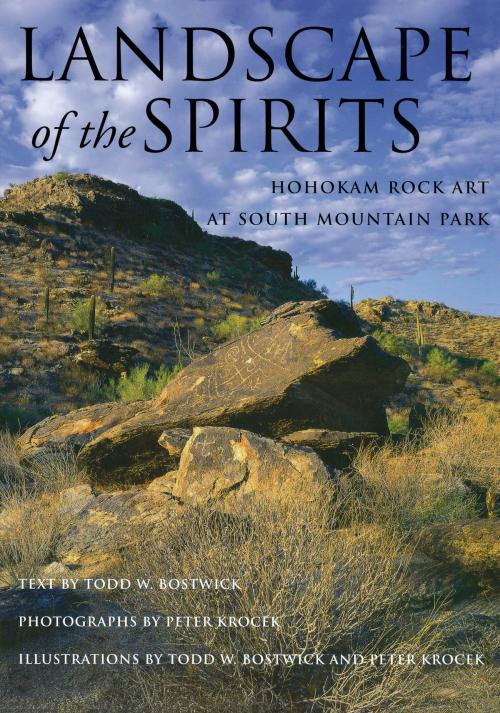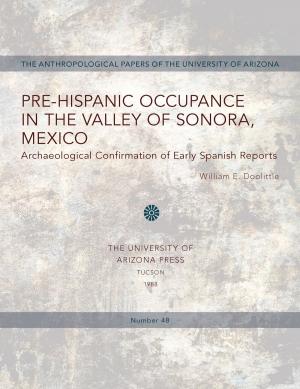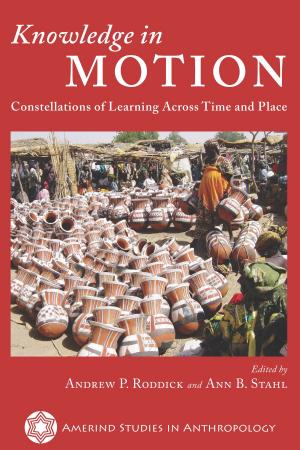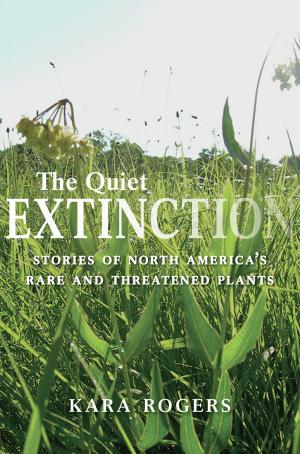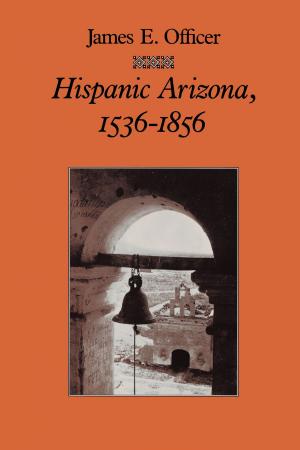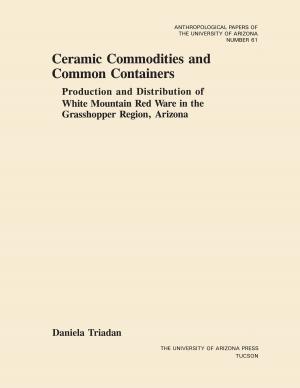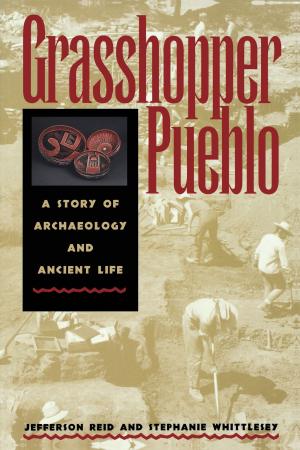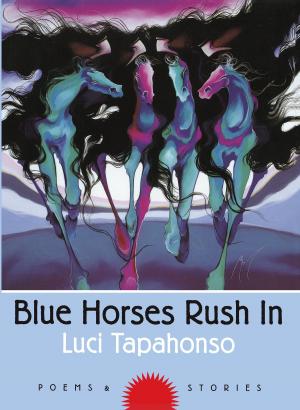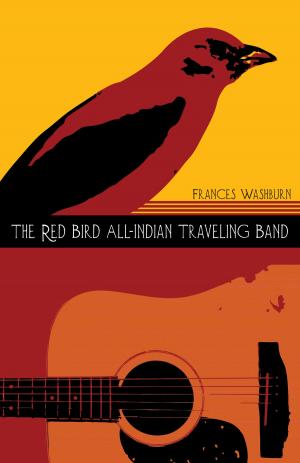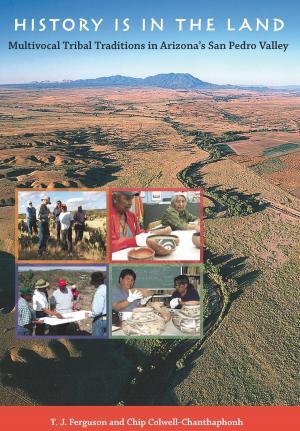Landscape of the Spirits
Hohokam Rock Art at South Mountain Park
Nonfiction, Social & Cultural Studies, Social Science, Cultural Studies, Native American Studies, Archaeology| Author: | Todd W. Bostwick, Peter Krocek | ISBN: | 9780816536436 |
| Publisher: | University of Arizona Press | Publication: | December 1, 2016 |
| Imprint: | University of Arizona Press | Language: | English |
| Author: | Todd W. Bostwick, Peter Krocek |
| ISBN: | 9780816536436 |
| Publisher: | University of Arizona Press |
| Publication: | December 1, 2016 |
| Imprint: | University of Arizona Press |
| Language: | English |
High above the noise and traffic of metropolitan Phoenix, Native American rock art offers mute testimony that another civilization once thrived in the Arizona desert. In the city's South Mountains, prehispanic peoples pecked thousands of images into the mountains' boulders and outcroppings—images that today's hikers can encounter with every bend in the trail.
Todd Bostwick, an archaeologist who has studied the Hohokam for more than twenty years, and Peter Krocek, a professional photographer with a passion for archaeology, have combed the South Mountains to locate nearly all of the ancient petroglyphs found in the canyons and ridges. Their years of learning the landscape and investigating the ancient designs have resulted in a book that explores this wealth of prehistoric rock art within its natural and cultural contexts, revealing what these carvings might mean, how they got there, and when they were made.
Landscape of the Spirits is the first book to cover these ancient images and is one of the most comprehensive treatments of a rock art location ever published. It conveys the range of different rock art elements and compositions found in the South Mountains—animals, humans, and geometric shapes, as well as celestial and calendrical markings at key sites—through accurate descriptions, drawings, and photographs. Interpretations of the petroglyphs are based on Native American ethnographic accounts and consider the most recent theories concerning shamanism and archaeoastronomy.
Written in a simple and accessible style, Landscape of the Spirits is an indispensable volume for anyone exploring the South Mountains, and for rock art enthusiasts everywhere who wish to broaden their understanding of the prehistoric world. It is both an authoritative overview of these ancient wonders and an unprecedented benchmark in southwestern rock art research at a single geographic location.
High above the noise and traffic of metropolitan Phoenix, Native American rock art offers mute testimony that another civilization once thrived in the Arizona desert. In the city's South Mountains, prehispanic peoples pecked thousands of images into the mountains' boulders and outcroppings—images that today's hikers can encounter with every bend in the trail.
Todd Bostwick, an archaeologist who has studied the Hohokam for more than twenty years, and Peter Krocek, a professional photographer with a passion for archaeology, have combed the South Mountains to locate nearly all of the ancient petroglyphs found in the canyons and ridges. Their years of learning the landscape and investigating the ancient designs have resulted in a book that explores this wealth of prehistoric rock art within its natural and cultural contexts, revealing what these carvings might mean, how they got there, and when they were made.
Landscape of the Spirits is the first book to cover these ancient images and is one of the most comprehensive treatments of a rock art location ever published. It conveys the range of different rock art elements and compositions found in the South Mountains—animals, humans, and geometric shapes, as well as celestial and calendrical markings at key sites—through accurate descriptions, drawings, and photographs. Interpretations of the petroglyphs are based on Native American ethnographic accounts and consider the most recent theories concerning shamanism and archaeoastronomy.
Written in a simple and accessible style, Landscape of the Spirits is an indispensable volume for anyone exploring the South Mountains, and for rock art enthusiasts everywhere who wish to broaden their understanding of the prehistoric world. It is both an authoritative overview of these ancient wonders and an unprecedented benchmark in southwestern rock art research at a single geographic location.
